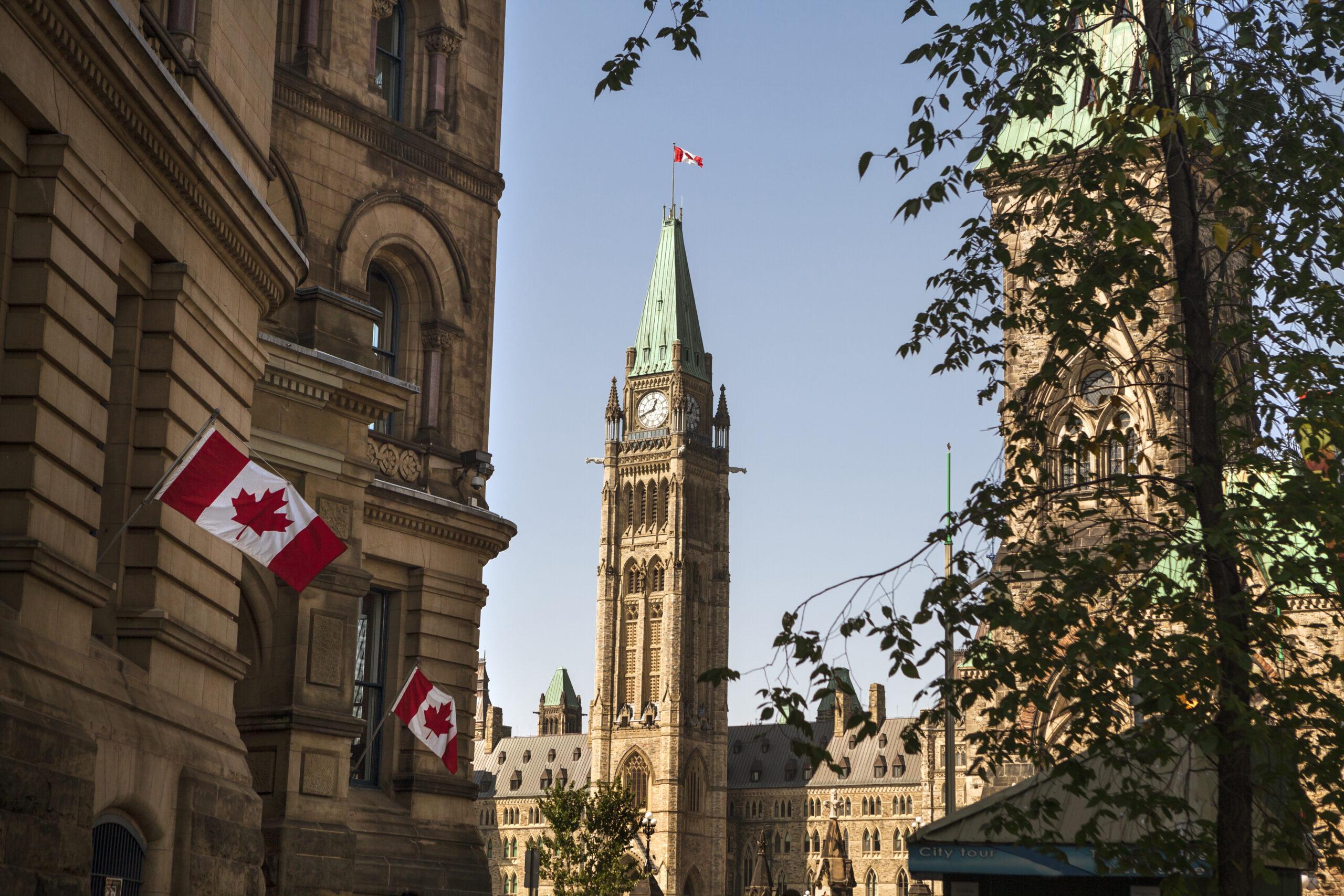


Personal Opinions Regarding Effectiveness of Masks Insufficient to Ground a Valid Human Rights Complaint
Personal Opinions Regarding Effectiveness of Masks Insufficient to Ground a Valid Human Rights Complaint
The British Columbia Human Rights Tribunal (the “Tribunal”) has dismissed another complaint relating to a refusal to wear a mask, this time in the context of religious belief and employment.
As mentioned in our article entitled “A Retailer’s Duty to Accommodate Disabilities That Interfere With a Customer’s Ability to Wear a Face Mask,” the Tribunal generally does not publish its screening decisions. For a second time, the Tribunal has made its screening decision public on the basis that it would be in the public interest to do so given the extraordinarily large volume of complaints it has received concerning the requirement to wear masks as a result of COVID-19.
Background
Since November 24, 2020, individuals in British Columbia have been required to wear a face covering indoors (subject to certain exemptions).
In The Worker v. The District Manager, 2021 BCHRT 41, a worker filed a human rights complaint alleging that he was discriminated against on the basis of religion when his contract was terminated after he refused to wear a mask inside the facility where he worked. In particular, the worker alleged that:
- his religious belief was that “we are all made in the image of God, a big part of our image that we all identify with is our face. To cover up our face arbitrarily dishonors God”;
- it is his freedom of expression to show his face in the general public and his religious liberty to identify his face to others;
- the mask requirement infringes on his “god given ability to breathe”; and
- the mask requirement was not effective against COVID-19 and that “God makes truth of high importance that I must follow ethically and morally” and forced mask wearing does not help protect anyone and he cannot “live in that lie”.
The Decision
British Columbia Human Rights Code (the “Code”) protects workers from discrimination on the basis of religious belief or practice. In order to trigger the protection under the Code, an individual must demonstrate that he or she has a practice or belief that:
- is objectively required by the religion;
- he or she subjectively believes it is required by the religion; or
- that the sincerely held believes engenders a personal, subjective connection to the divine or to the subject or object of his or her spiritual faith, and as long as that practice has a nexus with religion.
In this decision, the Tribunal considered the allegations made by the worker and found that, the facts alleged, if proven, could not establish that the worker’s objection to wearing a mask is connected to any religious belief. Specifically, the Tribunal found that the worker had not pointed to any facts that could support a finding that wearing a mask is objectively or subjectively prohibited by any particular religion, or that not wearing a mask engenders a personal, subjective connection to the divine.
After analyzing the worker’s complaint, the Tribunal concluded that the worker’s objection to wearing a mask was ultimately based on his opinion that the mandate to wear a mask is “arbitrary” and does not stop the transmission of COVID-19. The Tribunal emphasized that the Code does not protect people who refuse to wear a mask as a result of personal preference because they believe that wearing a mask is “pointless”, or because they disagree that wearing a mask helps to protect the public. In order to be protected by the Code, the refusal to wear a mask must have a legitimate connection to a religious belief.
The Tribunal found that the worker’s opinion that masks are ineffective is not a belief or practice protected from discrimination on the basis of religion and refused to allow the complaint to proceed.
In the era of COVID-19 it is obvious that opinions on the appropriate course of action for public protection vary greatly amongst the general population. It is also evident that individuals will not hesitate to file a human rights complaint where they believe the requirements imposed in relation to COVID-19 impact a protected ground under the Code. Employers can take some comfort in the fact that the Tribunal is critically analyzing the COVID-19 related complaints and will not hesitate to not accept a complaint if it does not have a proper foundation. We will monitor the situation and post any new decisions released by the Tribunal as they become available.
by Dianne Rideout and Michelle McKinnon
A Cautionary Note
The foregoing provides only an overview and does not constitute legal advice. Readers are cautioned against making any decisions based on this material alone. Rather, specific legal advice should be obtained.
© TRC-Sadovod LLP 2021
Insights (5 Posts)View More
Attracting Venture Capital and Private Equity Investors: The Alberta Business Corporations Act Makes Alberta the Most Investor and Business Friendly Corporate Jurisdiction in Canada
Reforms to the corporate legal regime in Alberta make it the province of choice for businesses and investors alike.
New Corporate Transparency Requirements for Federal Corporations
Effective January 22, 2024, federal corporations are required to file with Corporations Canada certain information on individuals with significant control.
Structuring Mortgage Investment Corporations in Canada
An overview of structuring Mortgage Investment Corporations or "MICs" in Canada
Working for Workers Four Act, 2023: How Ontario’s Proposed Changes Will Impact Employers
This bulletin discusses new employer obligations for job postings, tip and wage protections, and more as proposed in the Working for Workers Four Act, 2023.
Plan for the Ban: What the Federal Court’s Decision ACTUALLY Means for Your Business – Your Questions Answered
The Court decision in Responsible Plastic Use Coalition v Canada struck down Canada's decision to add plastic manufactured items to the List of Toxic Substances
Get updates delivered right to your inbox. You can unsubscribe at any time.





